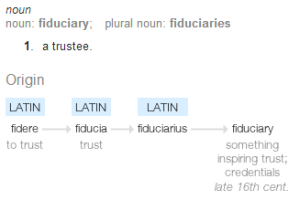The U.S. Department of Treasury and Internal Revenue Service have just established that several key income tax benefits previously only available to opposite-sex marriages are now available to those in a same-sex marriages as well.
Under the announcement (U.S. Treasury) and the rule (IRS), benefits now available include the ability to file a joint income tax return (which may cut your tax cost), but also increase the tax-free part of a couple’s estate for transfer to heirs (double an individual’s lifetime limit). Additionally, all the same income tax benefits that may come from filing a household income tax return are available, including deductions, exemptions and credits. Read the rest of this entry »



